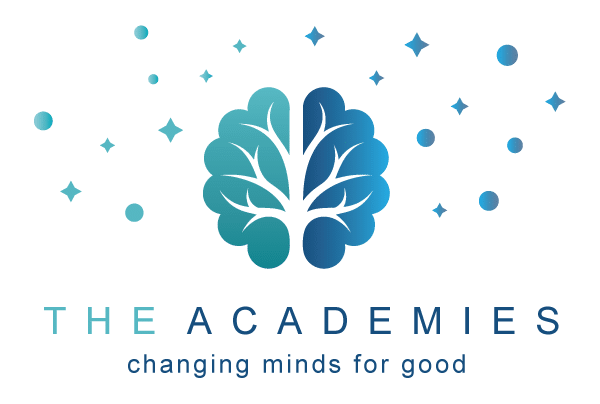The human brain is a remarkable prediction machine. It is constantly assessing the probability of future events, making anticipated, educated guesses, and sometimes, not so educated guesses, to prepare us for what’s to come. When it comes to setting and achieving goals, the brain is no exception.
As a coach or leader using a coach approach while working with people who are setting goals for themselves, understanding this prediction process of the brain and finding ways to tap into it can help individuals move towards the things they want in life. Today, I’ll delve deeper into the power of predictions by exploring the brain’s external and internal prediction process, and how the brain anticipates change as it relates to setting and achieving goals.
What Is the Brain’s Prediction Process, Exactly?
When it comes to the prediction process, the brain is doing two types of predictions:
- External Prediction: An external prediction has to do with the probability that the desired outcome — the goal that an individual is after — is going to actually happen after they do certain events, activities, or actions. For example, if a person sets a health-focused goal to lose five pounds, their external prediction may be, “If I eat X number of calories, if I burn X number of calories, and if I practice this type of nutrition, then I will achieve my goal.”
- Internal Prediction: There is also an internal prediction that is happening, which involves weighing the probability of whether or not the person has the capacity, strength, tenacity, and resilience to actually do the things that will lead them towards their desired goal.
Referring back to the example of losing five pounds, an internal prediction might be, “Do I have the willpower to stay away from the cookies tonight? Do I have the willpower to exercise as much as I need to meet my goals?”
How to Leverage the Prediction Process in Coaching
All this said, if you’re working with people in a coaching or leadership capacity, and you’re talking about goals, it’s helpful to think about how people:
- Assess their internal probabilities
- Assess their strengths
- Assess their ability to follow through on the things that are going to move them towards achieving a goal
Along with thinking about how they’re assessing these things, it’s important to ask them questions around identifying their own strengths, what values they want to live by, and what intentions they want to set that would support them in moving towards their goals.
Let’s Embrace the Power of Predictions!
Bottom line: Predictions play a fundamental role in our daily lives. Our brains are constantly processing scenarios in advance to help us prepare for the future. When it comes to goal setting, understanding how our internal probability prediction process works allows us to assess our own strengths, abilities, and capacity to follow through on the behaviors that will move us towards our desired outcomes.
As neuroscience-informed coaches or leaders, finding ways to tap into people’s predictive abilities can be a powerful tool to support them on their journey towards achieving their goals. So, let’s embrace the power of predictions and use it to change minds, for good!
Learn More About the Neuroscience Advantage in Coaching
Want to dive deeper into the Neuroscience Advantage in coaching? Visit our Neuroscience and ICF Core Competency #3 article to continue deepening your knowledge and understanding of this topic. Also, be sure to keep up with our monthly Neuroscience and the ICF Core Competencies series where we explore brain-based concepts relating to each competency! In our next segment, we’ll explore the neuroscience supporting coaching agreements and managing future expectations as it relates to the ICF Core Competency #3. Thanks for reading!
While you’re here, check out our brain-friendly, ICF-approved coach training programs! We offer courses for coaches at all levels in their coaching journey, and we proudly accept ACSTH and CCE transfer hours in our Level 1 and Level 2 Programs. We’d love to connect with you to explore your questions and curiosities about our neuroscience-based approach to coaching, so schedule a call with us today!
